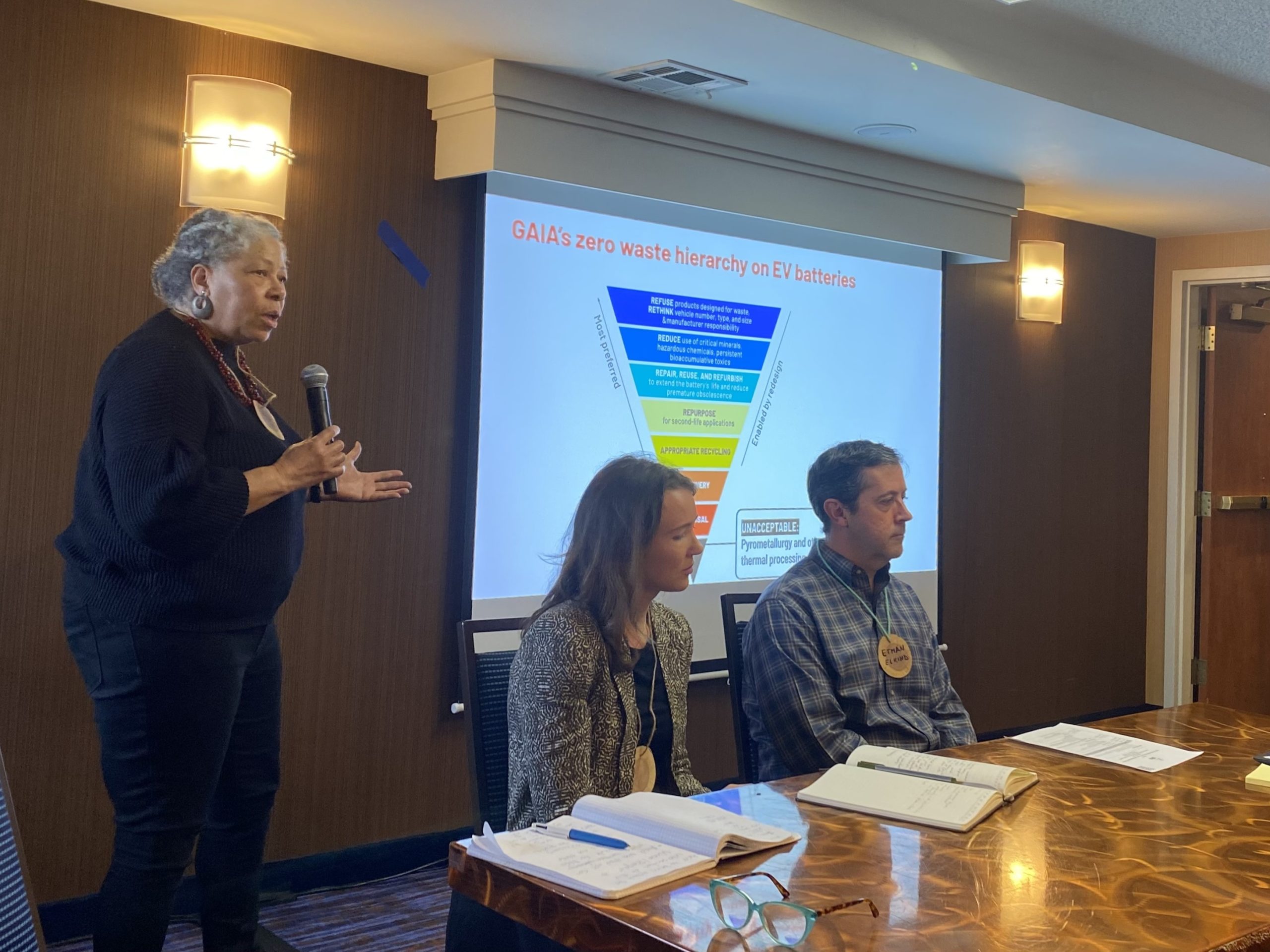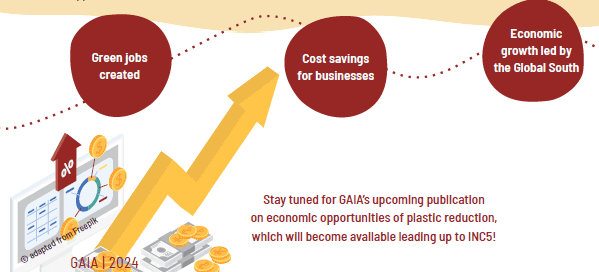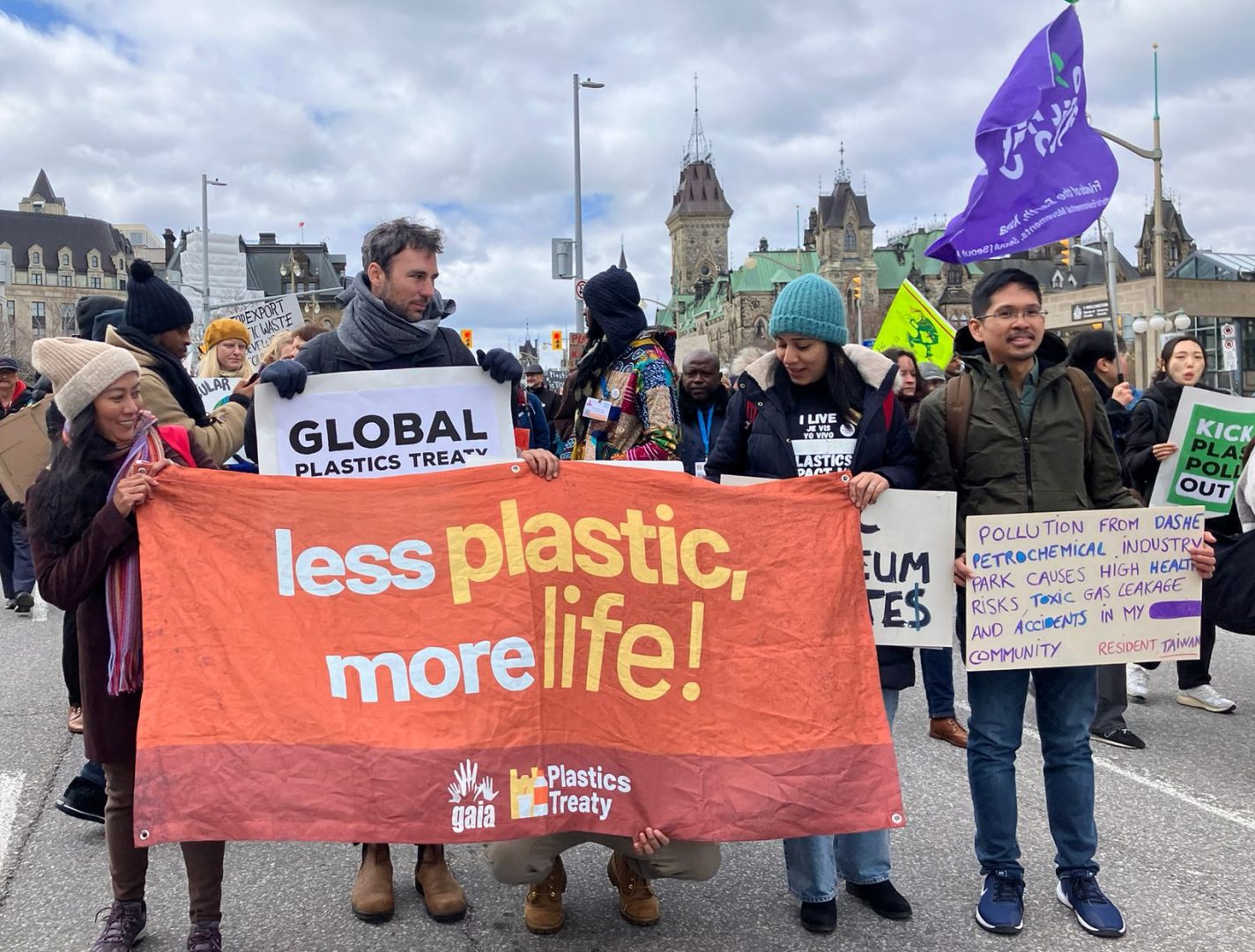International, European, Italian and Tunisian environmental groups have joined in demanding the immediate return of 282 containers full of mixed municipal waste that were illegally exported from Italy’s Campania region to the Port of Sousse in Tunisia between May and July 2020. According to the environmental organizations, the exports violated European Union law, Tunisian law as well as international waste trade treaties — the Basel Convention, the Bamako Convention and the Izmir Protocol of the Barcelona Convention.
The cement industry is a major contributor to climate change. The production of cement, the second most consumed product in the world after water, is one of the most energy-intensive industrial processes. This report presents the false solutions of the cement industry in the fight against climate change with a special focus on Spain, where civil society is taking the lead in the reporting of cement plants’ wrongdoing. The Coordinadora Anti-incineración de Residuos en Cementeras, a network of local groups that are fighting waste incineration in cement kilns,
has collected first-hand information of the many affected communities are paying the cement traps with their health and future of their economies.
This report uses independent empirical research to evidence that incinerator bottom ash is insidiously hazardous and under-regulated. Risk is heightened by the fact that testing methods for its use as a building material are outdated. A list of fifteen concerns for public health and safety is provided in relation to the use of waste incinerator bottom ash in cement-based products and as road/pathway aggregate. Calls for the support of its use within a circular economy are premature, and, as per the precautionary principle, all ongoing usage should cease. Examination of independently analysed bottom ash provides a diagnostic on the operational steady state of waste incinerators, incidentally raising concerns about operational compliance with emissions legislation and the capacity of incinerators to produce benign bottom ash when fed with municipal solid waste.
This report presents a comprehensive analysis and arguments on the need to improve the Landfill Directive and the Waste Framework Directive, highlighting residual waste reduction as a crucial tool to ensure alignment with the overarching principles of the EU Circular Economy Agenda.
In the wine industry, single-use glass is heavily used for packaging. On the one hand, glass has the greatest environmental impacts compared to other packaging materials (i.e. PET, aluminium, and beverage carton). On the other hand, glass is 100% reusable and 100% recyclable at the end of its life cycle, and is an inert material, which makes it more suitable as a food contact material.
The reWINE project proves that a circular and more sustainable way of consuming wine is possible.
Let’s start the tasting tour!
Zero Waste Europe welcomes the initiative of the European Commission to start the process to set-up binding food waste reduction targets across the EU. Food waste is a multifold problem that not only causes environmental and climate damage but is also morally unacceptable.
Therefore, it is essential to properly address this issue by adopting efficient and ambitious targets for the coming years.
With the COVID-19 pandemic, the need to build a resilient economy is more pressing than ever. Today, waste management is a sector that typically uses up to 4-19% of municipal budgets. While zero waste systems are known for their wide-range of environmental benefits, they are also an affordable and practical strategy to waste management that is greatly economically advantageous.
Under the cover of “net zero,” the plastics and petrochemical industry is trying to greenwash expanded plastic production. Plastic is carbon. It is bad for climate change and could never be a part of any realistic solution. “Net zero” plans have many false claims to make fossil fuels “emission-free,” but they will only allow corporations to continue harming communities and the environment. The risks of these false “net zero” narratives are rising rapidly as the oil and gas industry continues investing billions to make plastic production its financial timeline.
According to the IPCC, waste management is one of three sectors with the greatest potential to reduce surface temperature rise in the next 10-20 years. Zero waste is an essential, affordable, and practical route to significant emissions reductions, yet is neglected in most countries’ climate plans (Nationally Determined Contributions or NDCs). Countries should focus on plastic reduction, waste separation, and compost to reduce climate emissions and generate good jobs.




























